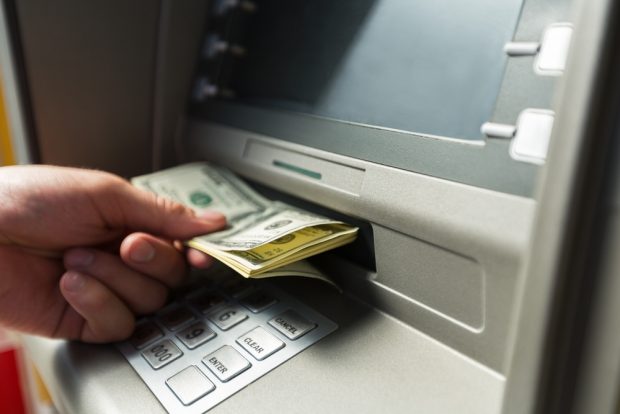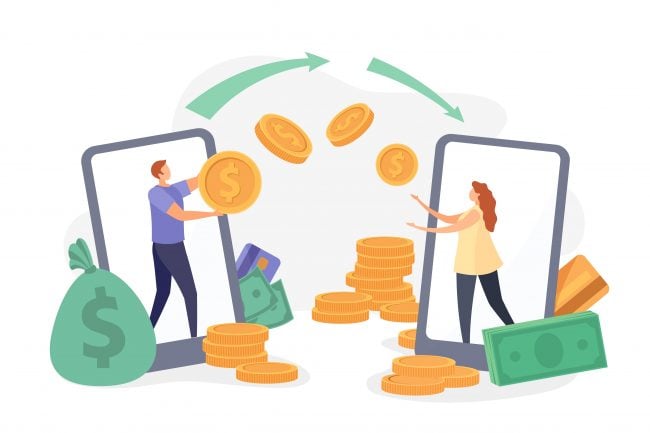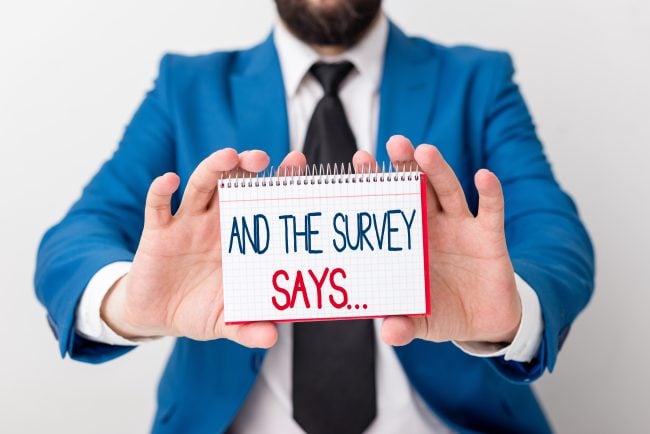 Source: Shutterstock.
Source: Shutterstock.
Consumers are worrying about a wide variety of things related to the coronavirus, one of which revolves around the safety of touching cash, plastic cards and PIN pads. And according to one industry leader, that's fueling a controversial narrative about cash that he said is misleading and harmful to ATM operators.
"Our argument is that the anti-cash lobby is using pseudo-science to opportunistically single out cash as a way of transmitting the virus when science shows that all surfaces, especially hard surfaces including plastic, can potentially host infected residues of the virus for transmission," ATM Industry Association CEO Mike Lee told CU Times. "This misinformation campaign has created false perceptions about cash, which is still safe to use as long as individuals continue to use the precautions recommended by health authorities, namely to sanitize hands and surfaces frequently."
According to the Centers for Disease Control and Prevention, it may be possible that a person can get COVID-19 by touching a surface or object that has the virus on it and then touching their own mouth, nose or possibly their eyes. However, this is not thought to be the main way the virus spreads, it said.
The Bank for International Settlements has also weighed in, saying in an April 3 bulletin that "scientists note that the probability of transmission via banknotes is low when compared with other frequently touched objects. To date, there are no known cases of Covid-19 transmission via banknotes or coins. Moreover, it is unclear if such transmission is material compared with person-to-person transmission or transmission through other objects or physical proximity. The fact that the virus survives best on nonporous materials, such as plastic or stainless steel, means that debit or credit card terminals or PIN pads could transmit the virus too."
For Lee, the cash controversy is as opportunistic as it is scientific.
"Personally, I was shocked that the anti-cash lobby could stoop so low in such a tragic time to propagate misinformation which runs counter to the true science," Lee said. "I have spent weeks on communications counteracting these mischievous myths. We have also provided infographics and graphics for use at ATMs to spread the message that cash is still safe and that we recommend the compliance to the normal public health messages about social distancing and regular sanitization of hands and surfaces."
Nonetheless, while credit unions grapple with whether and how to protect cash-related fee income and interchange income, consumers have been debating the "cleanest" way to pay for things.
Tony DeSanctis, a senior director at Cornerstone Advisors in Scottsdale, Ariz., said that more and more consumers may choose a third option: Mobile wallets, which allow people to avoid both cash and PIN pads at checkout.
 Tony DeSanctis
Tony DeSanctis
"I think you're going to start to see merchants realize that in a no-touch world that we're moving into here that they're going to eliminate that from the process as a safety precaution, more so than an 'old habit' kind of thing," he said.
That makes it even more critical for credit union card issuers to be "top of wallet" with their members as soon as possible, according to DeSanctis.
"Priority two is get that contactless card out there and put a whole marketing effort around contactless as a pandemic mitigator, for lack of a better term," he added. "If ever the word 'contactless' was going to have positive connotations, now's the time for that."
Cash likely won't disappear, however, and Lee said he has his sights set on the long game. Cash is a vital asset in emergencies, after all, and the industry's Next Gen ATM project, which aims to create a new ATM architecture based on a common blueprint among major deployers, will position ATMs for future growth and relevance in the post-pandemic phase, he noted.
"There is much to believe in!" he said.
© 2024 ALM Global, LLC, All Rights Reserved. Request academic re-use from www.copyright.com. All other uses, submit a request to [email protected]. For more information visit Asset & Logo Licensing.








